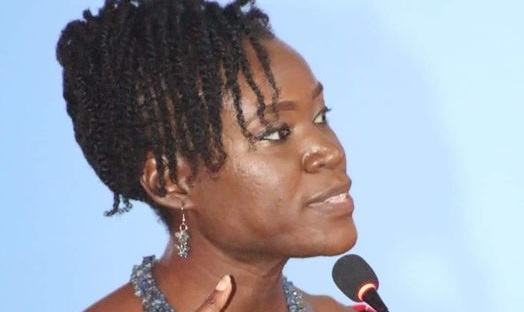MONROVIA – During Liberia’s 177th Independence Day celebration on July 26, Dr. Robtel Neajai Pailey delivered a compelling oration, urging President Joseph Nyuma Boakai to focus on rescuing the nation. She acknowledged the high expectations and low morale six months into his administration, emphasizing that true change requires time and dedicated effort.
Dr. Pailey addressed the extensive list of priorities inherited by President Boakai, advising him to concentrate on a select few tangible goals over the next six years. She stressed the importance of moving beyond political niceties and partisanship to implement reforms that would secure his legacy as a respected statesman. According to her, the path to genuine change involves decisive actions and a commitment to meaningful results.
Reflecting on past missteps, Dr. Pailey highlighted controversies such as the handling of tenured positions and the appointment of questionable figures to key roles. She urged the President to correct these mistakes and rebuild the public’s trust. Dr. Pailey called for assembling a diverse team of competent Liberians with integrity, setting clear, mutually agreed-upon deliverables, and ensuring that appointees are held accountable for their performance.
In her speech, Dr. Pailey critiqued the current ARREST Agenda as being more of a multi-sectoral development wish-list than a cohesive vision for Liberia’s future. She proposed the phrase “dignity must define us” as the unifying principle for the administration’s national development plan. This vision, she argued, should be rooted in a Liberian-led, Liberian-financed, and Liberian-managed approach to governance and development.
Dr. Pailey emphasized the need for the executive branch to operate efficiently, urging President Boakai to run it like a “well-oiled machine.” She recommended scheduling quarterly presidential town hall discussions on the state broadcaster to facilitate real-time conversations with citizens. This initiative, she suggested, would help bridge the gap between the government and the people, fostering transparency and accountability.
Moreover, Dr. Pailey encouraged ministers and heads of state-owned enterprises to follow suit, engaging directly with the public to demonstrate accountability. By creating platforms for open dialogue, the government could ensure that its actions align with the needs and expectations of the Liberian people.
In conclusion, Dr. Pailey underlined the importance of leadership rooted in integrity and action. She implored President Boakai to prioritize the needs of the people, emphasizing that the opportunity for transformation lies in his hands. Her message was clear: the President must seize this chance to make a lasting impact, leading Liberia toward a brighter future.







